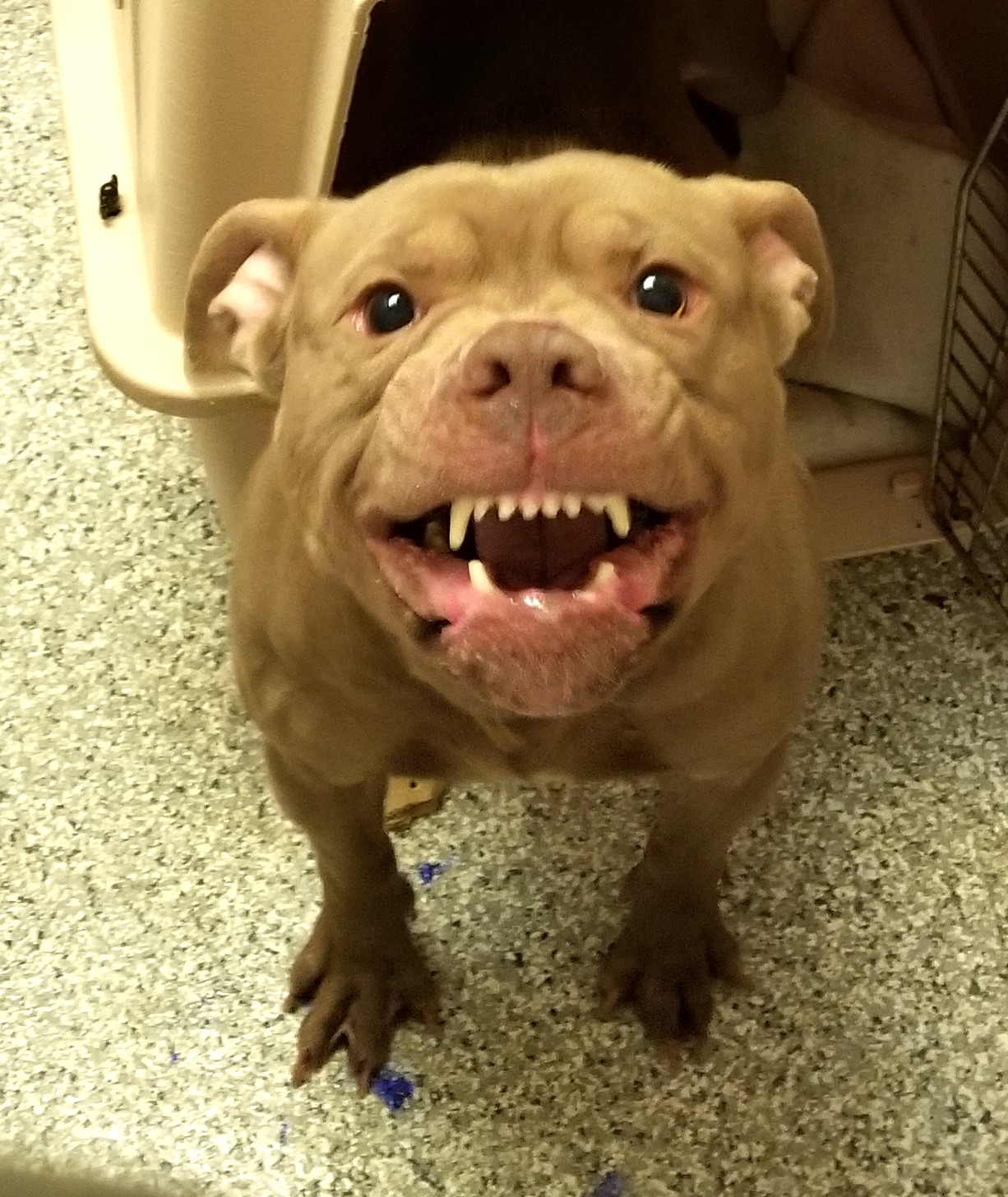 by Suzyn Barron, President of Warwick Valley Humane Society
by Suzyn Barron, President of Warwick Valley Humane Society
Did you know, there is a huge difference between an animal shelter and animal sanctuary? In most cases, that is. An animal shelter is a facility that houses and disposes of homeless, lost, or abandoned animals. The word “disposes” implies euthanasia; however, it means to give or transfer to another. But it also means that the shelter is not meant to house animals indefinitely and certainly not for the lifetime of the pet. So, in contemporary terms, it implies adoption.
Animal shelters can be either municipal or private which are often run by humane societies or in some instances, rescues. Typically holding contracts with local towns to admit stray and abandoned dogs. New York State law requires towns to either have a shelter or contract with one for impounding loose dogs. Some shelters may also be under contract to take in cats, while others may choose to admit cats and small animals like rabbits, guinea pigs, etc. In other words, no two animal shelters are actually alike.
An animal sanctuary is a facility where animals are brought to live and be protected for the rest of their lives. They usually do not operate under any contracts and therefore, animal admissions may be based on space or staffing availability or finances or on the animal itself.
Most rescues utilize foster homes and do not have a brick and mortar facility. Please note that many of the rescue groups that are importing dogs from outside of the area do not usually have the means of taking back that dog if the adoption is not working out. Guess where those dogs end up.
Animal welfare organizations are not obligated to admit owned animals, yet many do if space permits or under exigent circumstances. Let me ask, does not wanting a pet anymore count as an exigent circumstance? For the shelter, no. But for that person, it certainly does. For instance, a person arrives at the shelter with a cat in a carrier claiming to have found the cat a week ago, took the cat into their home intending to keep it, but the dog doesn’t like the cat and the cat has got to go today. No prior call about finding the cat. No call asking to bring the cat into shelter. No appointment. And the person states they are NOT leaving with the cat. Oh, and someone told them to offer a donation, that usually helps. Not if there isn’t a cage for the cat. No amount of money can make space where there isn’t any. Not when there are pets patiently on a waitlist. And absolutely no regard for the organization’s admittance protocol. But will turning this cat away cause her to be abandoned? This scenario plays out quite frequently, constantly placing shelters, rescues, and sanctuaries in these situations with daily calls to relinquish pets and having to deal with unannounced surrenders. The constant barrage of unwanted pets is disheartening, disappointing and heartbreaking. Thus, adopters not only save the life of the adopted pet, but alas, thankfully, save the sanity of animal caregivers!
Pet of the Week:







